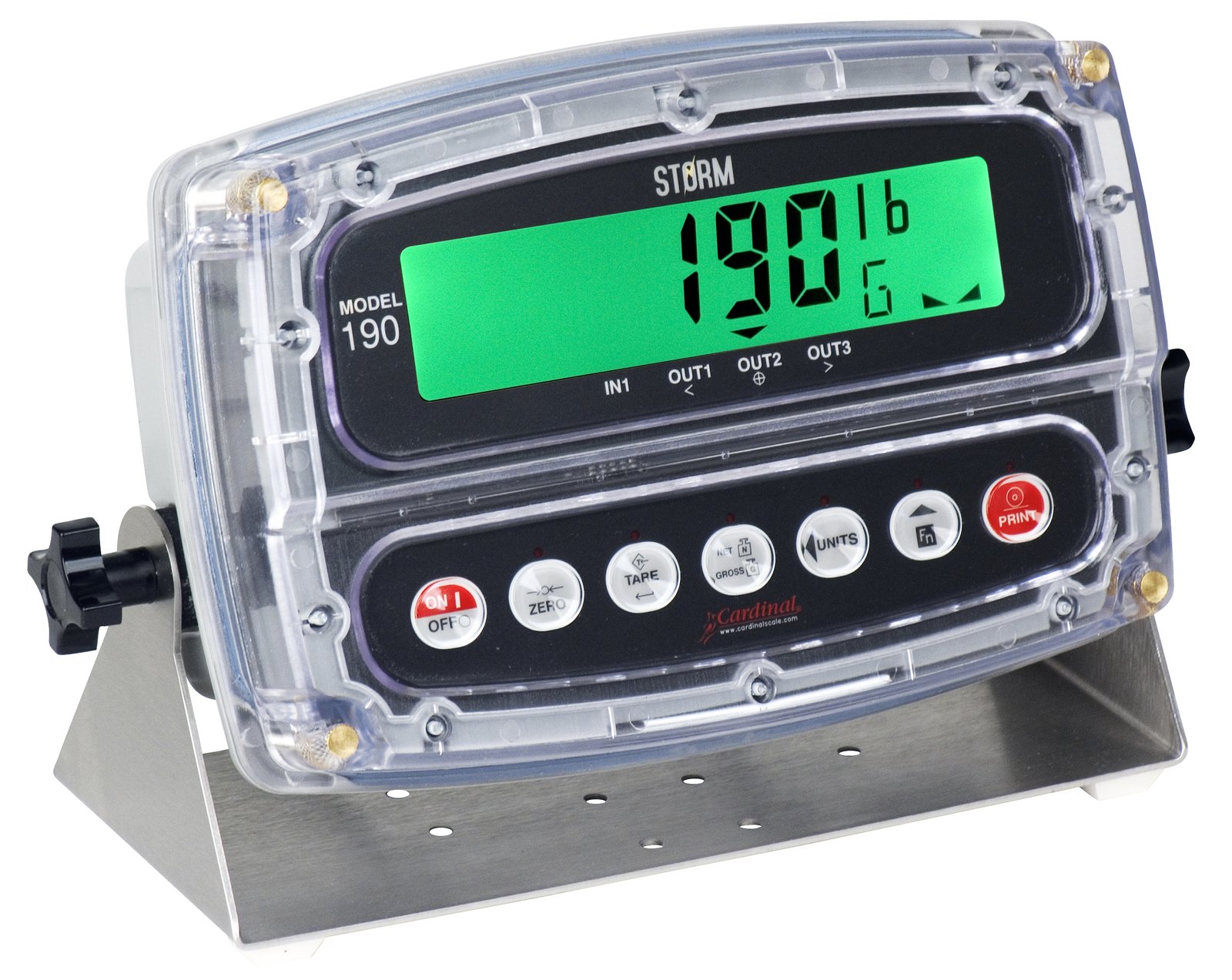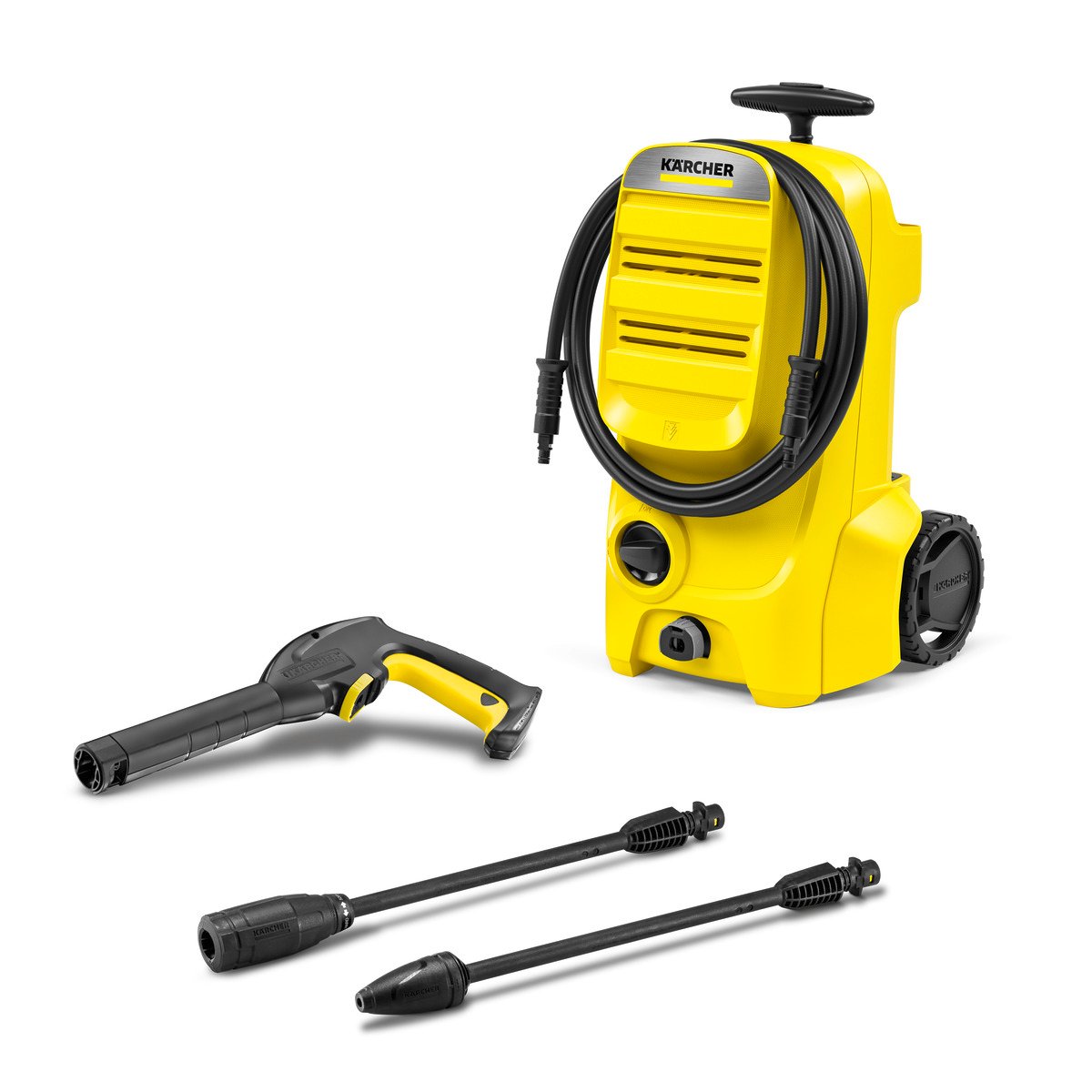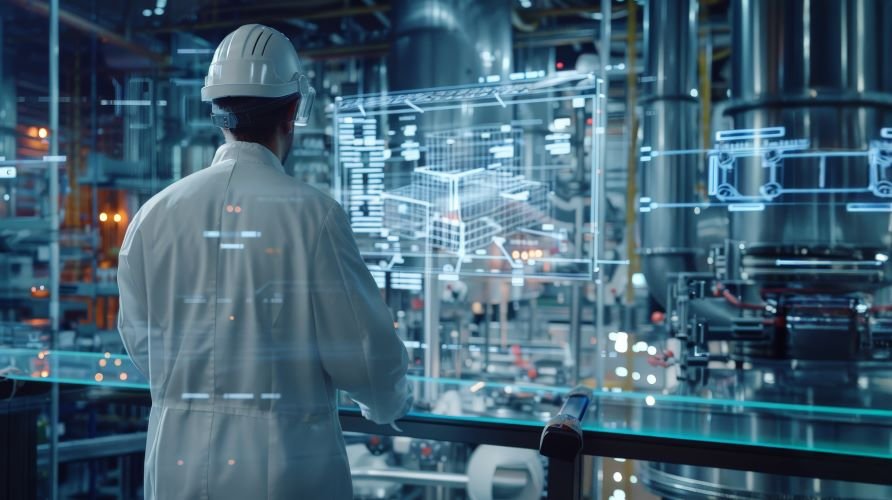In today’s competitive market, maintaining consistent product quality is critical for building trust, meeting regulatory standards, and staying ahead of competitors. One of the most effective ways to ensure this is by leveraging instrument calibration services. Calibration ensures that measurement tools are accurate and reliable, which is a fundamental aspect of quality control in any industry. Whether you’re in manufacturing, healthcare, aerospace, or food production, properly calibrated instruments play a pivotal role in delivering superior products and services.
The Importance of Instrument Calibration Services
Instrument calibration services are essential for maintaining the precision of measuring devices, such as thermometers, pressure gauges, balances, and spectrometers. Over time, the performance of these instruments can drift due to wear and tear, environmental factors, or frequent use. Without regular calibration, even the smallest inaccuracies can lead to significant issues, including:
- Product Quality Degradation – Inaccurate measurements can result in defective products, tarnishing your brand’s reputation.
- Compliance Failures – Regulatory bodies often require documented calibration records to ensure safety and quality standards are met.
- Increased Costs – Errors caused by uncalibrated instruments can lead to waste, rework, and production downtime.
Investing in professional instrument calibration services is a proactive approach to preventing these problems and maintaining operational excellence.
How Instrument Calibration Improves Product Quality
Enhanced Measurement Accuracy
Calibration verifies that instruments perform within their specified accuracy range. This ensures consistency in measurements, which is vital for maintaining product specifications and meeting customer expectations.
Reduced Downtime
By scheduling regular calibration services, you can identify potential issues before they escalate into costly failures, helping to minimize unplanned downtime.
Regulatory Compliance
Industries like healthcare, food production, and aerospace are heavily regulated. Partnering with certified calibration service providers ensures compliance with standards like ISO, FDA, or ASTM, safeguarding your business from penalties.
Improved Product Consistency
Reliable instruments contribute to uniformity in production, resulting in consistent product quality. This boosts customer satisfaction and reduces variability across batches.
Why Professional Calibration Services Matter
While some businesses may attempt in-house calibration, professional instrument calibration services offer several advantages:
- Traceability: Professional service providers ensure traceability to international standards, adding credibility to your quality control processes.
- Expertise: Trained technicians use state-of-the-art equipment to deliver precise calibration results.
- Comprehensive Documentation: Detailed calibration certificates are provided, which are critical for audits and quality assurance.
You can find out more about the benefits of working with experienced calibration professionals by reaching out to reputable providers in your area.
Choosing the Right Calibration Service Provider
When selecting a provider, consider the following factors:
- Accreditations: Look for ISO/IEC 17025 certification, which ensures the provider meets global standards for calibration.
- Experience: Choose a company with expertise in your specific industry and instrument types.
- Service Scope: Ensure the provider offers both on-site and off-site calibration services for flexibility.
- Turnaround Time: Opt for a provider with fast and reliable service to minimize disruptions to your operations.
You could check here to explore trusted providers who offer specialized instrument calibration services tailored to your industry needs.
Industries That Rely on Calibration Services
Healthcare
Medical devices like ECG machines, infusion pumps, and thermometers require precise calibration to ensure patient safety and accurate diagnostics.
Manufacturing
From automotive to electronics, manufacturers depend on calibrated tools to maintain tight tolerances and meet design specifications.
Food & Beverage
Temperature sensors, pH meters, and other instruments must be calibrated to comply with food safety standards and ensure product quality.
Aerospace
Calibration is critical in aerospace to ensure the accuracy of instruments used in navigation, testing, and quality control.
To get more information about how calibration impacts your industry, go right here to connect with experts who can guide you.
Benefits of Regular Calibration
Regularly scheduled calibration ensures that your equipment remains reliable and accurate. Key benefits include:
- Cost Savings: Preventing errors and downtime saves money in the long run.
- Data Integrity: Accurate measurements support better decision-making and reporting.
- Brand Reputation: Consistently high-quality products enhance customer trust and loyalty.
If you want to find out more about setting up a calibration schedule for your instruments, check over here for helpful resources and tips.
Steps in the Calibration Process
- Initial Inspection: Instruments are examined for physical damage or abnormalities.
- Baseline Testing: Performance is tested against established standards.
- Adjustment: Necessary adjustments are made to align the instrument with its accuracy specifications.
- Reverification: The instrument is retested to confirm accuracy post-adjustment.
- Certification: A detailed calibration certificate is issued, documenting the results and traceability.
By following these steps, professional instrument calibration services ensure your devices meet stringent quality and performance standards.
Final Thoughts
Quality control is the backbone of any successful business, and reliable measuring instruments are integral to this process. Investing in professional instrument calibration services not only ensures compliance and precision but also protects your brand’s reputation. Whether you’re a small business or a large enterprise, making calibration a priority will pay dividends in product quality, operational efficiency, and customer satisfaction.
For more information on how to get started with calibration services tailored to your needs, you can find out more from trusted experts in the field. Let’s enhance your product quality together!











Leave a Reply